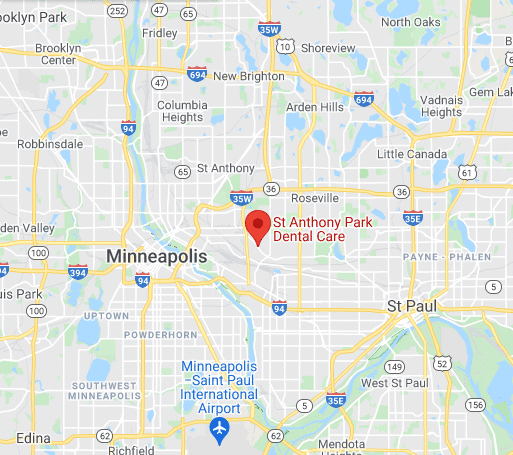What Happens If You Get Gum Disease After an Implant?
Have you recently gotten or are thinking about getting dental implants in St. Paul, MN? If so, you might be wondering if you can get gum disease after getting implants and what happens if you do. So, let’s talk about that for a moment.
What Happens If You Get Gum Disease After an Implant?
The fact is you can still get gum disease after getting dental implants. Therefore, you will need to know what it is, how it happens, and what you can do to avoid it.
What Is Peri-Implantitis?
The dental terminology for gum disease after getting dental implants is peri-implantitis. So peri-implantitis is gum disease that occurs after you get dental implants. Here are some of the symptoms of peri-implantitis.
What Are the Symptoms of Peri-Implantitis?
- Bleeding
- Bad breath
- Loose implant
- Redness
- Inflammation
- Bad taste in your mouth
- Periodontal pockets surrounding the implant
- Dental implant falls out
How Do I Get Rid of Peri-Implantitis?
If you get gum disease after getting a dental implant, it doesn’t go away by itself. There are a couple of things you can do to get rid of peri-implantitis. Your dentist in St. Paul, MN will be able to diagnose the extent of your peri-implantitis and recommend the best treatment for your situation.
In the most severe cases, your dentist might need to remove the implant and perform a bone graft to replace the damaged bone. If you act early, your dentist might be able to perform a deep cleaning and/or provide an at-home treatment used for preventing and treating the early stages of peri-implantitis.
How Can I Prevent Peri-Implantitis?
Being proactive is key when it comes to keeping your gums healthy.
- Brush and floss daily.
- Schedule regular dental visits.
- Eat a healthy diet.
- Quit smoking and vaping.
Do You Need a Dentist in St. Paul, MN?
If you need a dentist in St. Paul, MN, please Contact St. Anthony Park Dental Care today. We offer a comfortable, relaxing environment and only use state-of-the-art equipment and technologies to ensure you receive the best dental care possible.






Leave a Reply
Want to join the discussion?Feel free to contribute!